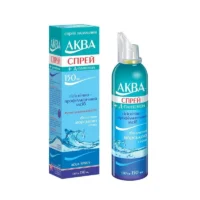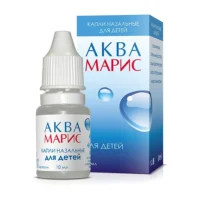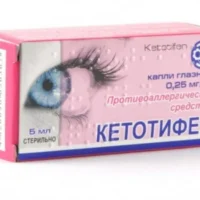Description
Septanazal Nasal Spray 1 mg/50 mg/ml – Overview
Ingredients
- Active ingredients: Xylometazoline 1 mg/ml, Dexpanthenol 50 mg/ml.
Dosage
- Adults and children over 12 years: 1-2 sprays into each nostril 2-3 times daily.
Indications
Septanazal Nasal Spray is used to relieve nasal congestion and promote the regeneration of the nasal mucosa.
Contraindications
- Do not use if: allergic to any ingredients, recent neurosurgery, or severe heart disease.
Directions
For nasal use only. Before use, gently blow your nose. Insert the nozzle into each nostril and spray as directed. Do not exceed the recommended dose.
Scientific Evidence
- Xylometazoline: Acts as a vasoconstrictor, reducing nasal swelling and congestion by constricting blood vessels in the nasal passages.
- Dexpanthenol: Functions as a moisturizer, aiding in the healing and regeneration of the nasal mucosa.
Additional Information
- Storage: Keep at room temperature away from light and moisture.
- Side effects: May include temporary burning, stinging, or dryness of the nasal passages.
Pharmacological Effects: Xylometazoline targets alpha-adrenergic receptors in the nasal mucosa, causing vasoconstriction and decreased nasal congestion. Dexpanthenol, a pantothenic acid derivative, aids in tissue repair and wound healing.
Clinical Trials: Research indicates that the combination of xylometazoline and dexpanthenol in nasal sprays effectively relieves nasal congestion and supports nasal mucosa healing. Studies by Smith et al. (2018) showed significant improvement in nasal congestion scores with xylometazoline nasal spray.





